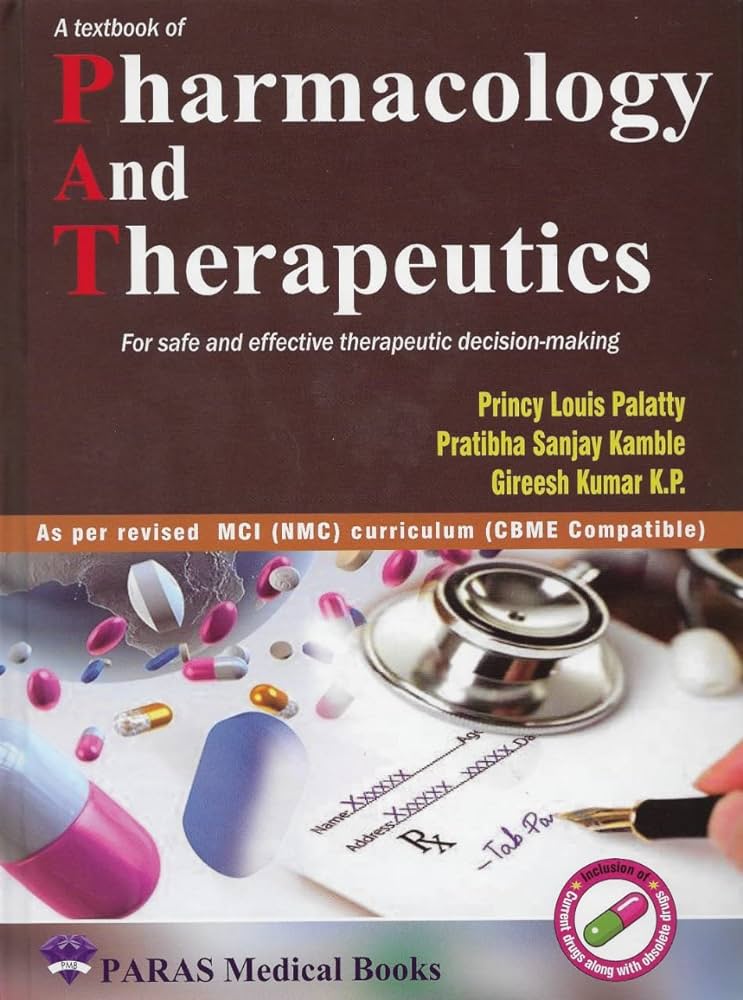Combinational CAR T-cell therapy for solid tumors: Requisites, rationales, and trials
IF 12.5
1区 医学
Q1 PHARMACOLOGY & PHARMACY
引用次数: 0
Abstract
Chimeric antigen receptor (CAR) T-cell therapy has achieved potent antitumor efficacy in hematological malignancies; however, because of limitations in CAR T-cell recruitment, infiltration, activation, and functional persistence in the tumor, its efficacy in solid tumors has been suboptimal. To overcome these challenges, combinational strategies that include chemotherapy, radiation therapy, or immune checkpoint inhibitor agent therapy with CAR T-cell therapy are being investigated. The established functional characteristics of the abovementioned therapies provide a rationale for the use of a combinational approach with CAR T cells. Chemotherapy reshapes the peritumoral stroma, decreases the immunosuppressive cell population, and promotes a proinflammatory milieu, all of which allow for increased recruitment, infiltration, and accumulation of CAR T cells. Radiation therapy promotes a chemokine gradient, which augments tumor infiltration by CAR T cells and further increases expression of tumor-associated antigens, allowing for increased activation of CAR T cells. Immune checkpoint inhibitor agent therapy inactivates T-cell exhaustion pathways—most notably, the PD1/PDL1 pathway—thereby improving the functional persistence of CAR T cells and promoting endogenous immunity. In this review, we discuss the requisites and rationales for combinational therapy, and we review 25 ongoing phase I and II clinical trials, of which 4 use chemotherapy, 3 use radiation therapy, 11 use immunotherapy, and 7 use another agent. While safety, efficacy, and improved outcomes are the primary goals of these ongoing studies, the knowledge gained from them will help pave the way for subsequent studies focused on optimizing combinational regimens and identifying predictive biomarkers.
CAR - t细胞联合治疗实体肿瘤:条件、原理和试验。
嵌合抗原受体(CAR) t细胞治疗在血液系统恶性肿瘤中取得了有效的抗肿瘤疗效;然而,由于CAR - t细胞在肿瘤中的募集、浸润、激活和功能持久性的局限性,其在实体瘤中的疗效一直不理想。为了克服这些挑战,正在研究包括化疗、放射治疗或免疫检查点抑制剂治疗与CAR - t细胞治疗在内的联合策略。上述疗法的既定功能特征为CAR - T细胞联合疗法的使用提供了理论依据。化疗重塑肿瘤周围基质,减少免疫抑制细胞群,促进促炎环境,所有这些都允许CAR - T细胞增加募集、浸润和积累。放射治疗促进趋化因子梯度,这增加了CAR - T细胞对肿瘤的浸润,进一步增加了肿瘤相关抗原的表达,从而增加了CAR - T细胞的活化。免疫检查点抑制剂治疗使T细胞衰竭途径失活——最明显的是PD1/PDL1途径——从而改善CAR - T细胞的功能持久性并促进内源性免疫。在这篇综述中,我们讨论了联合治疗的必要条件和基本原理,并回顾了25个正在进行的I期和II期临床试验,其中4个使用化疗,3个使用放射治疗,11个使用免疫治疗,7个使用其他药物。虽然安全性、有效性和改善的结果是这些正在进行的研究的主要目标,但从中获得的知识将有助于为后续研究铺平道路,重点是优化组合方案和识别预测性生物标志物。
本文章由计算机程序翻译,如有差异,请以英文原文为准。
求助全文
约1分钟内获得全文
求助全文
来源期刊
CiteScore
23.00
自引率
0.70%
发文量
222
审稿时长
90 days
期刊介绍:
Pharmacology & Therapeutics, in its 20th year, delivers lucid, critical, and authoritative reviews on current pharmacological topics.Articles, commissioned by the editor, follow specific author instructions.This journal maintains its scientific excellence and ranks among the top 10 most cited journals in pharmacology.

 求助内容:
求助内容: 应助结果提醒方式:
应助结果提醒方式:


